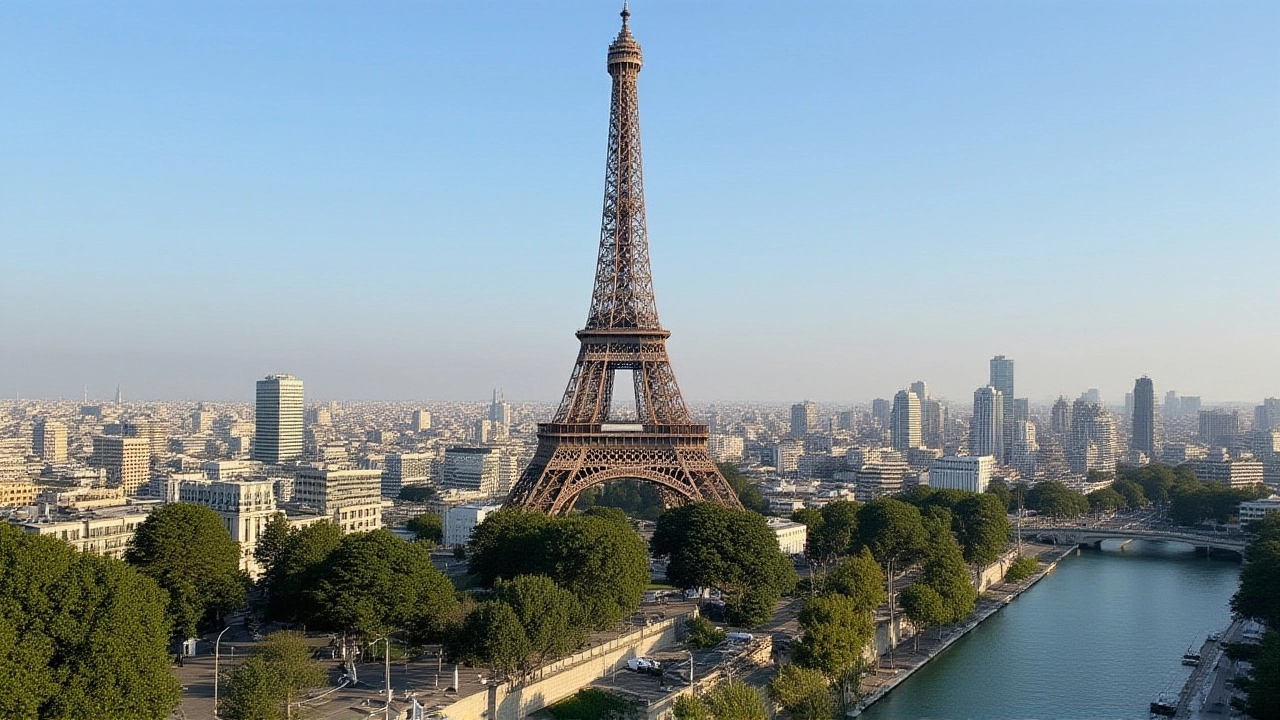Cyril Ramaphosa: South Africa’s President and Policy Driver
When you hear Cyril Ramaphosa, the current President of South Africa, former businessman, and ANC chairperson. Also known as South Africa's President, he shapes the country’s political and economic direction.
Ramaphosa’s background as a trade unionist links directly to the African National Congress, the ruling party that drove the anti-apartheid struggle and now governs the nation. This connection means the party’s policy agenda often reflects his personal priorities, especially on land reform and job creation. In turn, the ANC’s decision‑making process influences the broader political climate, affecting everything from local governance to international diplomacy.
One of the most talked‑about areas under Ramaphosa’s tenure is economic policy, the set of fiscal and regulatory measures aimed at stabilizing growth, attracting investment, and reducing inequality. By pushing for reforms like the Mining Charter revision and the National Development Plan, he tries to balance investor confidence with social equity. These policies directly affect South Africa’s GDP trends, unemployment rates, and even the everyday life of citizens who watch the news for updates on power cuts or housing projects.
Key Areas of Focus
Beyond economics, Ramaphosa’s leadership style emphasizes diplomatic engagement. He often meets with leaders from the BRICS bloc, the European Union, and neighboring African states, positioning South Africa as a bridge between continents. This international outreach creates trade opportunities and showcases the country’s commitment to climate agreements, a factor that resonates with global investors looking for stable partners.
Domestically, land reform remains a flashpoint. Ramaphora’s attempts to negotiate a balanced approach—securing land for historically disadvantaged communities while protecting agricultural productivity—illustrate the tightrope he walks between social justice and economic stability. Critics argue the pace is too slow; supporters say the safeguards prevent market disruption.
The president’s communication tactics also deserve attention. He uses weekly press briefings, social media, and town‑hall meetings to shape public perception. By framing his initiatives as “growth for all,” he tries to build a narrative that resonates with both urban youth and rural voters.
All these threads—political heritage, economic reforms, diplomatic outreach, land policy, and public messaging—intertwine to form the broader picture of Ramaphosa’s impact. Understanding how each component influences the others helps you make sense of the headlines you see daily.
Below you’ll find a curated mix of articles that dive deeper into these topics, from detailed analyses of South Africa’s fiscal outlook to commentaries on the ANC’s internal dynamics. Whether you’re tracking policy changes or just curious about the president’s leadership approach, the collection offers practical insights you can use right away.
South Africa’s Ambassador Nathi Mthethwa Found Dead in Paris Hotel
South Africa's ambassador Nathi Mthethwa was found dead after falling 22 stories from a Paris hotel on Oct 1, 2025, sparking diplomatic shock and investigation.
